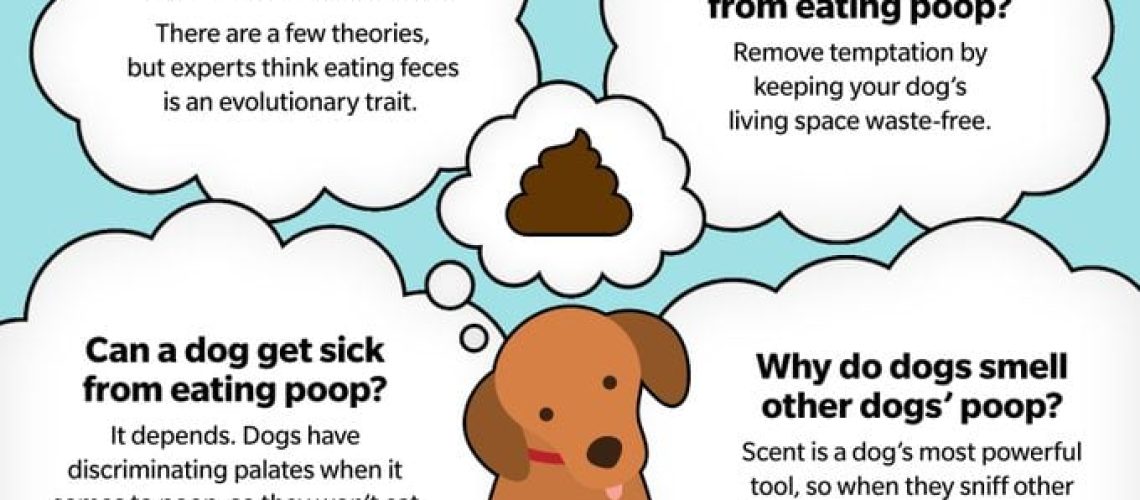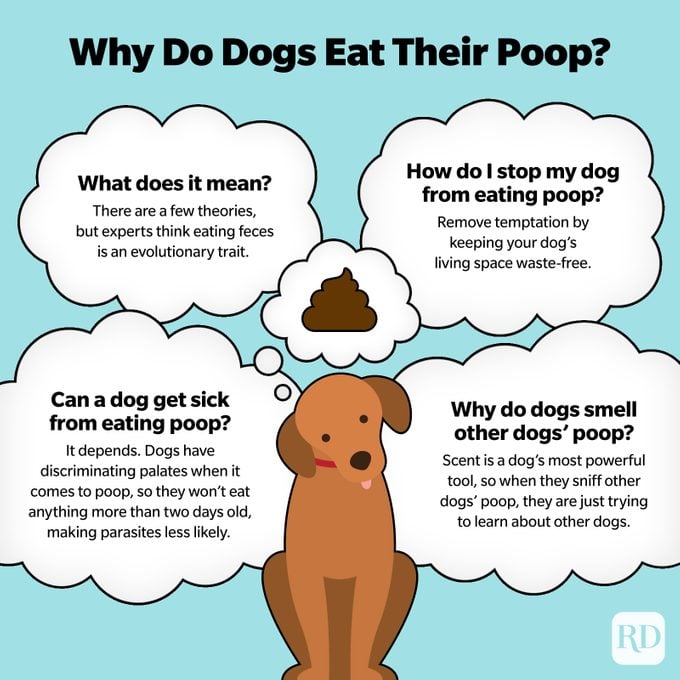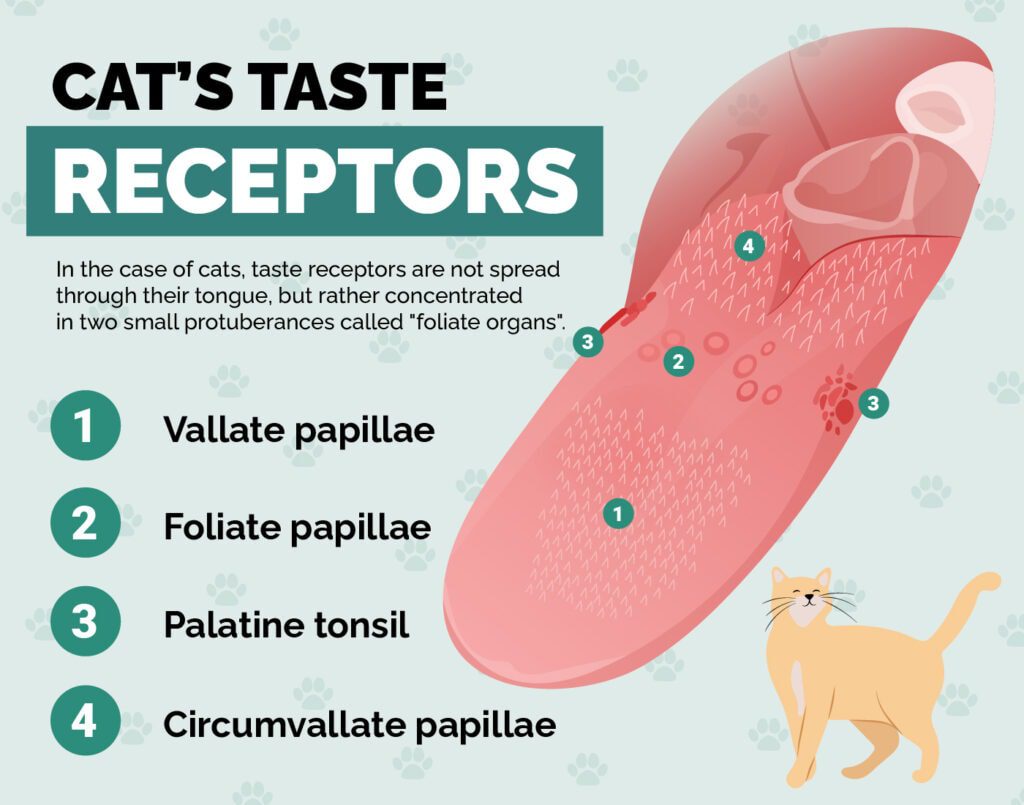Key Takeaways:
- Keep the environment clean and free of poop to minimize the opportunity for your puppy to eat it.
- Ensure your puppy is getting a balanced and nutritious diet to reduce the likelihood of poop eating.
- Supervise your puppy closely during potty breaks to prevent them from accessing their feces.
- Teach a strong "leave it" or "drop it" command to redirect your puppy's attention away from poop.
- Consider using deterrents like bitter sprays or additives in your puppy's food to make the taste of poop less appealing.
Are you tired of constantly cleaning up after your puppy? Do you cringe every time you see them gobble up their own waste? Well, I have some good news for you! By understanding how to stop your puppy from eating poop, you can save yourself from the unpleasant task of poop patrol and ensure your furry friend stays healthy. Did you know that nearly 16% of puppies engage in this behavior? But fear not, because in this article, we will explore effective strategies to put an end to this unsavory habit. So get ready to bid farewell to those poop-eating days and say hello to a cleaner, happier life with your pup!
Why do puppies eat poop and is it harmful for them?
Puppies have a natural curiosity, and sometimes that curiosity leads them to explore and taste things that we find unpleasant, like poop. There are a few reasons why puppies develop the habit of eating poop:
- They may be trying to get attention from their owners or seeking a reaction.
- They might be bored or looking for something to play with.
- In some cases, puppies eat poop because they are lacking certain nutrients in their diet.
Eating poop can be harmful to puppies because it can expose them to parasites, bacteria, and viruses that may be present in the feces. These pathogens can cause gastrointestinal issues and other health problems. It's important to discourage this behavior and take steps to prevent it.
The Importance of Understanding Your Puppy's Behavior
As a puppy owner, it's essential to understand why your puppy engages in certain behaviors like eating poop. By understanding the underlying reasons, you can address the issue effectively and ensure your puppy's well-being. Remember that puppies are still learning about the world around them, so patience and consistent training are key.
Tips for Identifying the Reasons Behind Poop Eating Behavior
If your puppy has developed the habit of eating poop, here are some tips for identifying the reasons behind this behavior:
- Observe your puppy's behavior before and after they eat poop. Are they seeking attention or acting out of boredom?
- Consider their overall diet and nutrition. Are they getting all the necessary nutrients?
- Consult with a veterinarian who can provide guidance based on your puppy's specific needs.
Common reasons why puppies develop the habit of eating poop
Lack of Nutrients
Puppies may eat poop due to a deficiency in their diet. When their bodies lack essential nutrients like vitamins, minerals, or enzymes, they may instinctively seek them out in feces. This behavior is more common in puppies who are not receiving a balanced and nutritious diet.
Mimicking Mother Dogs
Another reason for poop-eating behavior in puppies is their instinct to mimic their mother. In the wild, mother dogs clean up after their puppies by consuming their waste. Puppies may observe this behavior and try to imitate it as they learn from their mothers.
Boredom or Lack of Stimulation
Puppies are curious creatures and can get bored easily if they don't have enough mental and physical stimulation. Eating poop may provide a form of entertainment or sensory experience for them. If a puppy is not given enough toys, playtime, or exercise, they may resort to eating feces as a way to alleviate boredom.
To prevent your puppy from developing this habit, it's important to address these underlying causes and provide them with a balanced diet, proper training, and plenty of mental and physical stimulation.
Preventing your puppy from eating poop: Tips and tricks
Keep the Environment Clean
One effective way to prevent your puppy from eating poop is by keeping their living area clean. Regularly clean up after your puppy so there is no opportunity for them to access feces. Use pet-friendly cleaning products that eliminate odors completely to discourage any lingering scent that might attract your pup.
Supervise Outdoor Time
When taking your puppy outside for potty breaks or walks, closely supervise them to ensure they don't come into contact with any feces. Keep them on a leash and redirect their attention if they show interest in sniffing or approaching poop. Reward them with treats and praise when they focus on appropriate behaviors.
Teach the "Leave It" Command
Training your puppy to respond to the "leave it" command can be invaluable in preventing poop-eating behavior. Start by offering a treat and saying "leave it." When your puppy refrains from taking the treat, reward them with a different treat or praise. Gradually introduce the command during walks or when encountering feces, reinforcing the behavior of ignoring it.
Remember, consistency is key when implementing these prevention techniques. With time and patience, you can help your puppy overcome this habit and develop healthier behaviors.
Dietary changes and supplements to stop a puppy from eating poop
Ensure a Balanced Diet
To address any nutrient deficiencies that may be causing your puppy's poop-eating behavior, consult with your veterinarian to ensure their diet is well-balanced. They may recommend switching to a high-quality commercial dog food that meets all nutritional requirements for puppies.
Add Digestive Enzyme Supplements
Digestive enzyme supplements can aid in improving digestion and nutrient absorption in puppies. These supplements contain enzymes that break down food more efficiently, reducing the chances of undigested nutrients appearing in their stool. Consult with your veterinarian before adding any supplements to your puppy's diet.
Note:
It's important to consult with a veterinarian before making any significant dietary changes or introducing supplements to your puppy's routine. They will provide personalized advice based on your puppy's specific needs.
By addressing any nutritional imbalances and providing necessary supplements under professional guidance, you can help curb your puppy's urge to eat poop.
Effective training techniques to discourage a puppy from eating poop
Positive Reinforcement
Using positive reinforcement techniques can be highly effective in training your puppy to stop eating poop. Whenever you catch your puppy refraining from engaging with feces, reward them with treats, praise, or playtime. This positive association will reinforce the desired behavior and discourage them from repeating the poop-eating habit.
Distraction and Diversion
When you notice your puppy showing interest in poop, redirect their attention to a more appropriate activity or toy. Engage them in play or offer a treat to divert their focus away from the feces. Consistently redirecting their attention will help break the association between poop and reward.
Consistent Command Training
Teaching your puppy commands like "leave it" or "drop it" can be crucial in preventing them from eating poop. Practice these commands during training sessions and gradually introduce them when encountering feces. With consistent reinforcement, your puppy will learn to respond to these commands and avoid engaging with poop.
Remember, patience and consistency are key when training your puppy. By using positive reinforcement, distraction techniques, and consistent command training, you can effectively discourage them from eating poop.
Potential health concerns of puppies eating their own or other animal's feces
Eating their own or other animal's feces can pose various health risks for puppies. Here are some potential concerns:
1. Intestinal Parasites: Feces may contain parasites such as roundworms or hookworms that can infect puppies if ingested.
2. Bacterial Infections: Certain bacteria present in feces, like Salmonella or E.coli, can cause gastrointestinal infections in puppies.
3. Viral Infections: Some viruses shed through feces, such as parvovirus or coronavirus, can be highly contagious and lead to severe illnesses in puppies.
4. Dietary Imbalances: Eating poop can disrupt a puppy's digestive system, leading to imbalances in gut bacteria and potential nutrient deficiencies.
If you notice your puppy engaging in poop-eating behavior or if they show any signs of illness after consuming feces, it is crucial to consult with a veterinarian. They can provide appropriate treatment, conduct necessary tests, and advise on preventive measures to ensure your puppy's health and well-being.
Additional resources and professional help for dealing with persistent poop-eating behavior in puppies
If your puppy's poop-eating behavior persists despite your efforts, seeking additional resources and professional help can be beneficial. Consider the following options:
1. Veterinarian Consultation: Schedule an appointment with your veterinarian to discuss the issue in detail. They can provide personalized advice based on your puppy's specific needs and conduct any necessary tests or examinations.
2. Puppy Training Classes: Enroll your puppy in training classes where professional trainers can guide you on effective techniques to address behavioral issues like poop-eating.
3. Online Communities and Forums: Join online communities or forums dedicated to dog owners where you can seek advice from experienced individuals who may have dealt with similar situations.
4. Books and Publications: Explore books or publications written by experts in dog behavior and training for additional insights into addressing persistent poop-eating habits.
Remember, every puppy is unique, so finding the right combination of strategies may require some trial and error. With patience, persistence, and support from professionals or fellow dog owners, you can effectively manage and overcome this challenging behavior in your beloved furry friend.
In conclusion, it is important to address the issue of a puppy eating poop as soon as possible. By providing proper training, a healthy diet, and supervision, you can prevent this behavior and ensure your puppy's well-being.
Why is my puppy eating poop?
Puppies consume feces because they are not receiving sufficient nourishment. If you have concerns regarding the appropriate quantity or frequency of feeding your puppy, consult with a veterinarian. Additionally, intestinal parasites can deprive your puppy of nutrients, resulting in symptoms resembling those of inadequate food intake.
Should I stop my puppy from eating poop?
Eating their own poop is not harmful for puppies, but it can be risky for them to consume poop from other animals that may be contaminated with parasites, viruses, or toxins. However, this behavior usually stops by the time the puppy is around nine months old.
How do I clean my dog's mouth after eating poop?
To help keep your puppy's mouth clean, you can use a specially-made mouthwash for dogs that can be added to their water or applied to a cloth and wiped on their mouth. It's important not to use human mouthwash. Make sure to provide your dog with water and food, as eating will naturally produce saliva, which helps clean their mouth, and water will naturally rinse away any germs or residue.
How much pineapple should I give my dog to stop eating poop?
Pineapple has an enzyme that changes the taste and smell of dog feces, making it unappealing to them. If you want to test this method, it is crucial to avoid giving your dog excessive amounts of pineapple. A few pieces every other day should be enough for a dog of average size.
What vitamin does a dog need to stop eating poop?
Dogs may consume their own waste due to a deficiency in certain nutrients. Providing dogs with vitamin B can be particularly beneficial for those who engage in this behavior.
What is the best deterrent for dogs eating poop?
Simon suggests For-Bid as the top supplement to prevent dogs from eating feces. This coprophagia supplement has been trusted by veterinarians and pet owners for over 60 years. Simply sprinkle a packet of For-Bid powder onto your dog's meal to give their feces a distasteful flavor.

















